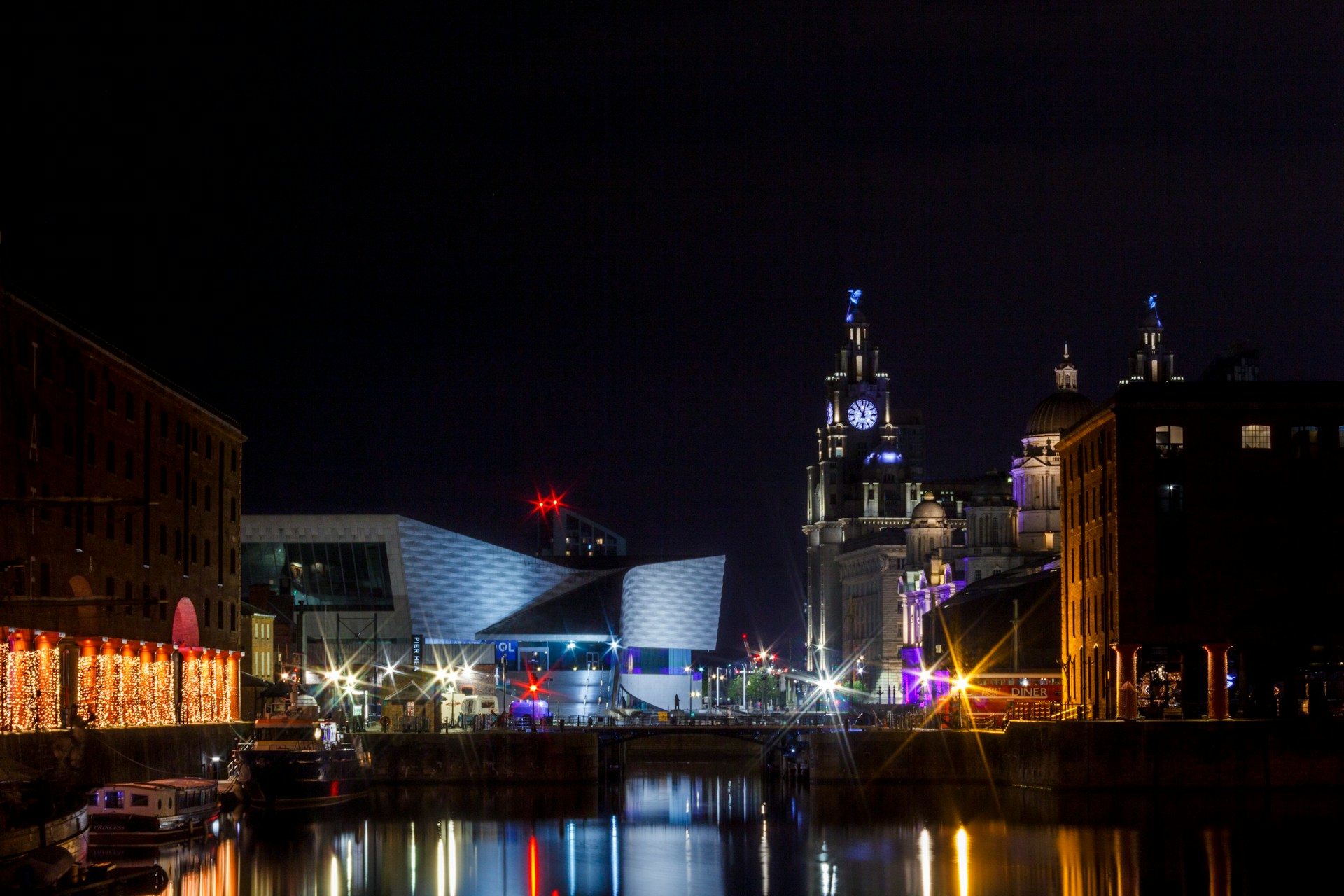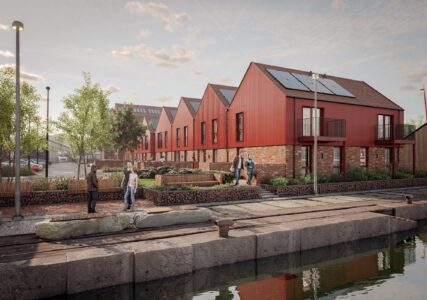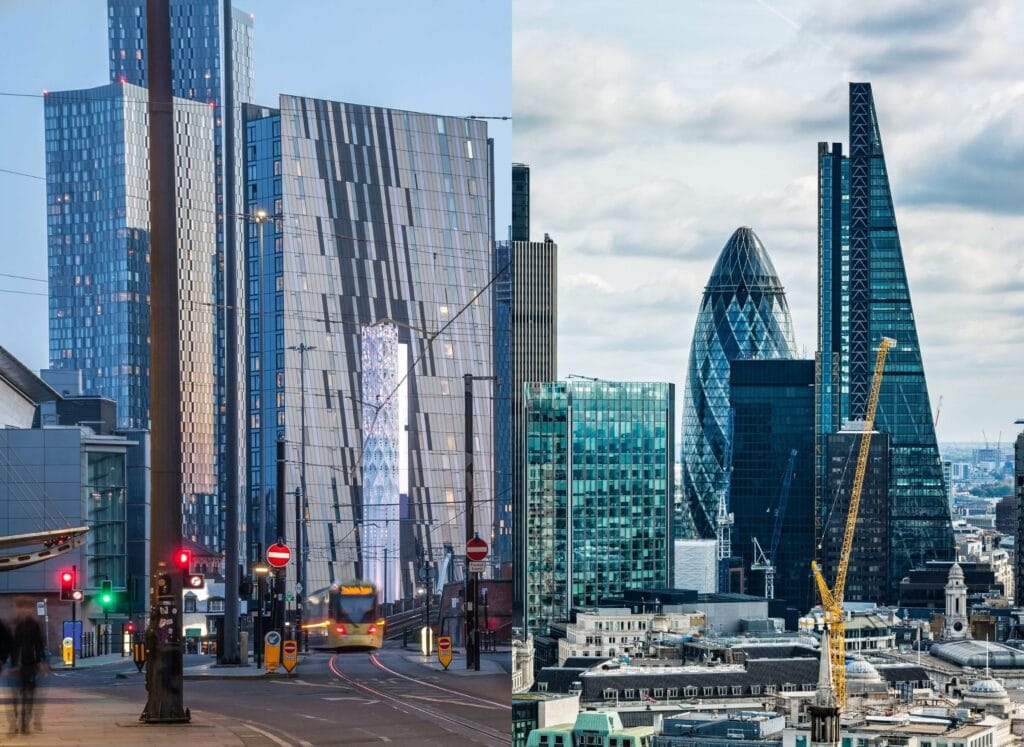Placemaking is a transformative approach to urban planning that focuses on creating vibrant, inclusive, and sustainable public spaces. By prioritising the needs and desires of the community, placemaking aims to enhance the quality of life for residents, attract businesses, and stimulate economic growth. In this article, we explore the importance of placemaking within UK city centres, with a focus on the examples of MediaCityUK and Liverpool Waters. We will discuss how placemaking contributes to regeneration, the creation of new homes and jobs, and the economic benefits it brings to cities.
The Concept of Placemaking
Placemaking is a multi-faceted approach to the planning, design, and management of public spaces. It seeks to create places that promote people’s health, happiness, and well-being by focusing on the needs and desires of the community. The concept has its roots in the work of urban theorists like Jane Jacobs and William H. Whyte, who emphasised the importance of public spaces and human-scale urban design. In the UK, placemaking has gained prominence as a strategy to revitalise declining high streets and town centres, creating vibrant, socially inclusive, and economically sustainable urban environments.
MediaCityUK: A Hub for Creativity and Innovation
MediaCityUK, located in Salford, Greater Manchester, is a prime example of successful placemaking. Originally a derelict dockland, MediaCityUK has been transformed into a thriving hub for the creative and digital industries. Home to major organisations such as the BBC, ITV, and over 250 digital and creative businesses, MediaCityUK has become a focal point for innovation and collaboration.
Regeneration and New Homes: The development of MediaCityUK has played a crucial role in the regeneration of the Salford Quays area. The project has created a mix of residential, commercial, and leisure spaces, attracting new residents and businesses to the area. The development includes high-quality apartments, providing modern living spaces for professionals working in the creative industries.
Job Creation: MediaCityUK has generated thousands of jobs, both during the construction phase and in the ongoing operation of the businesses based there. The presence of major media organisations has attracted a diverse range of professionals, from journalists and producers to digital marketers and software developers.
Economic Benefits: The economic impact of MediaCityUK has been substantial. The development has attracted significant investment, boosting the local economy and contributing to the overall growth of Greater Manchester. The influx of businesses and residents has increased demand for local services, supporting the growth of retail, hospitality, and other sectors.
Liverpool Waters: Revitalising the Waterfront
Liverpool Waters is another exemplary placemaking project that aims to revitalise Liverpool’s historic docklands. With an investment of over £5.5 billion, this ambitious project seeks to transform 60 hectares of derelict docklands into a vibrant, multi-use destination.
Regeneration and New Homes: The Liverpool Waters project includes the development of over 9,000 new waterfront apartments, offering a range of residential options from luxury flats to affordable housing. The project aims to create a cohesive and inclusive community where people can live, work, and play. The development also includes commercial office spaces, retail units, and leisure facilities, contributing to the regeneration of the area.
Job Creation: One of the most significant advantages of the Liverpool Waters regeneration is the creation of thousands of jobs. The project is expected to provide employment opportunities across various sectors, including construction, retail, hospitality, and professional services. This influx of jobs will not only reduce unemployment rates but also provide training and development opportunities for local residents, enhancing their skills and employability.
Economic Benefits: The economic benefits of the Liverpool Waters project are far-reaching. By transforming derelict docklands into a thriving waterfront district, the project will attract businesses, tourists, and residents alike. The introduction of new businesses and the influx of visitors are expected to generate substantial revenue, boosting Liverpool’s economic growth. The presence of commercial and leisure facilities will make the area highly attractive to tenants, ensuring a steady stream of rental income for property investors.
The Importance of Placemaking in Regeneration
Placemaking plays a crucial role in the regeneration of urban areas. By creating attractive, vibrant public spaces, placemaking initiatives can breathe new life into declining areas, attracting investment and stimulating economic growth. Here are some key ways in which placemaking contributes to regeneration:
- Enhancing Quality of Life: Placemaking focuses on creating spaces that promote health, happiness, and well-being. By prioritising the needs and desires of the community, placemaking initiatives can enhance the quality of life for residents, making urban areas more attractive places to live.
- Attracting Investment: Well-designed public spaces can attract businesses, residents, and tourists, generating economic activity and boosting local economies. Placemaking initiatives can increase property values, attract private investment, and stimulate the growth of local businesses.
- Creating Jobs: Placemaking projects often involve the development of new commercial and residential spaces, creating employment opportunities in construction, retail, hospitality, and other sectors. The influx of businesses and residents can also support the growth of local services, creating additional jobs.
- Fostering Social Cohesion: Placemaking initiatives can create inclusive, vibrant communities by providing spaces for social interaction and community engagement. By fostering a sense of belonging and community pride, placemaking can strengthen social cohesion and improve the overall well-being of residents.
Placemaking is a powerful tool for transforming urban areas, creating vibrant, inclusive, and sustainable public spaces that enhance the quality of life for residents and stimulate economic growth. The examples of MediaCityUK and Liverpool Waters demonstrate the significant impact that placemaking can have on regeneration, the creation of new homes and jobs, and the economic benefits it brings to cities.
By prioritising the needs and desires of the community, placemaking initiatives can attract investment, create employment opportunities, and foster social cohesion. As cities continue to evolve, the importance of placemaking in creating thriving, sustainable urban environments cannot be overstated.









